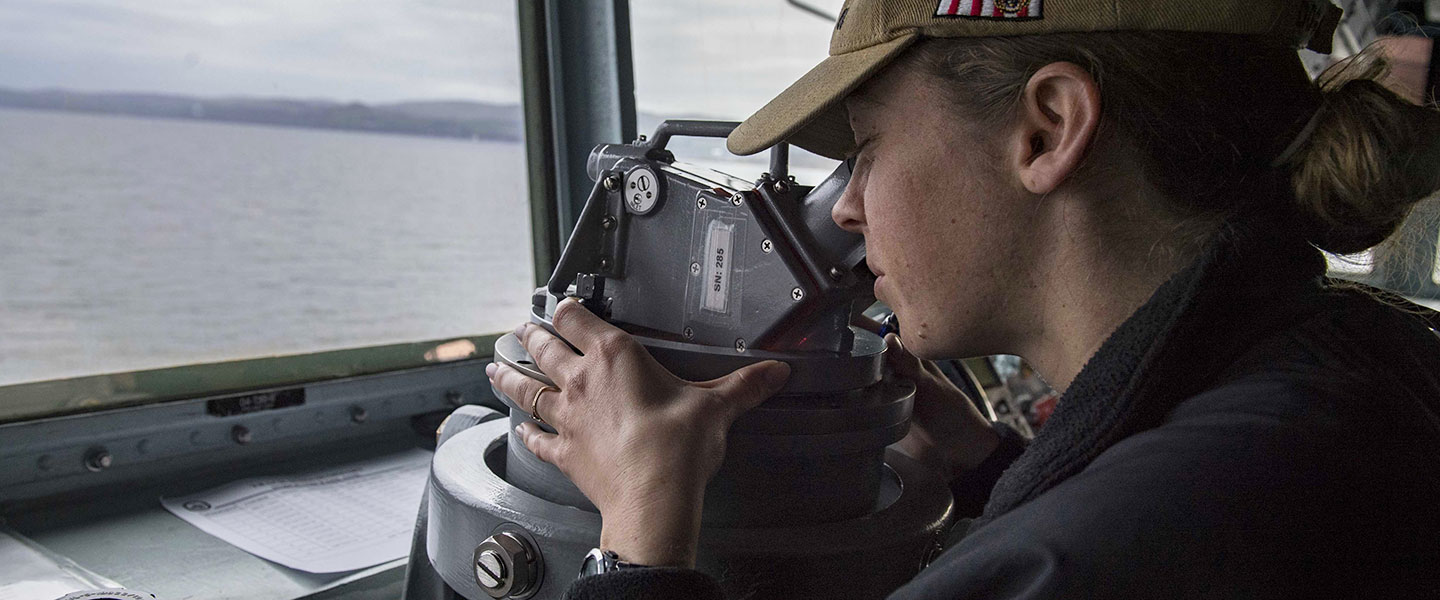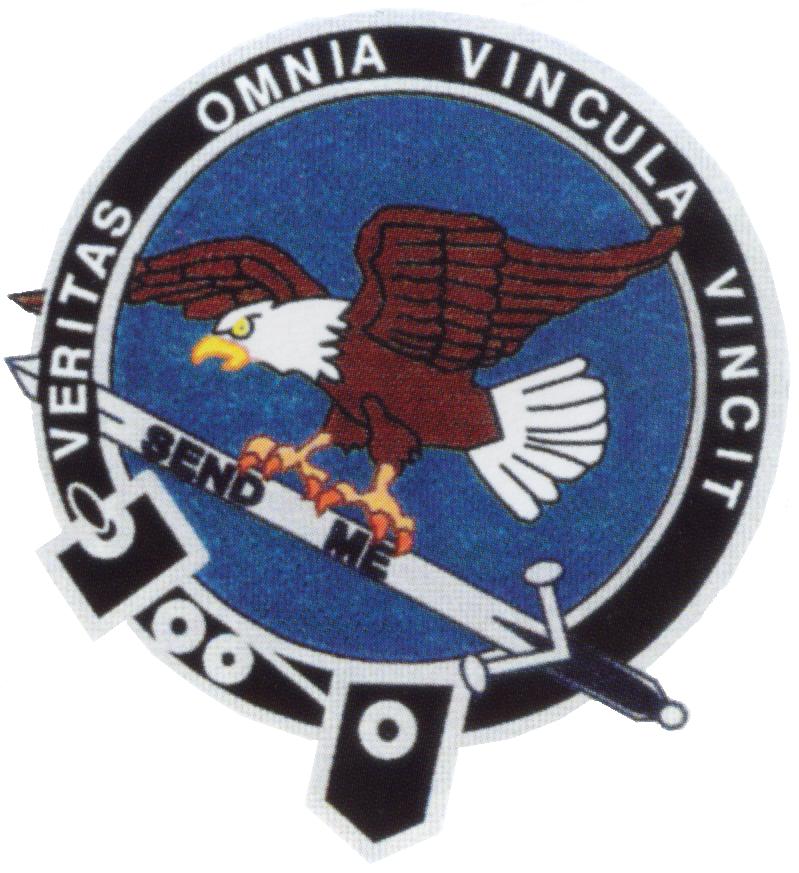USNAHopeful123456
Member
- Joined
- Jan 8, 2020
- Messages
- 18
Hello everyone. I am currently an incoming sophomore at my university. At the moment, I am enrolled in Army ROTC with an Advanced Designee Scholarship; however, since I was extremely young I have always had a passion to be in the Navy. Unfortunately, as a senior in high school I applied for USNA and missed my opportunity to apply for NROTC until this year. Now, a few days ago I was offered a three year NROTC scholarship to the same university. With COVID-19 and time for self-reflection, I have realized that my desire to fly fixed wing aircraft in the Navy has been challenged by a desire to do intelligence work that can then be translated to a career in one of the U.S.' intelligence agencies. While I continue to experience a passion for aviation, I want to make sure that AVIATION is the best choice before I decide to switch programs. Additionally, I want to know that if, during NROTC, my passion for an intelligence career outshines that of aviation it could be fulfilled in the manner that the Army's MI branch would (through human intelligence, more "out in the field" style intelligence, and counterintelligence work). I want the intelligence work to be at least partially hands on, if possible. It appears that the best of the two possible career paths I want are divided between the service branches I must choose between. I would like to better understand my options. I want to know the contrast between the Navy's "Military Intelligence Officer careers" and the Army's large and robust MI branch. So if anyone knows the competitive levels of each, could share their stories, further my understanding, solidify my decisions, etc. please feel free to comment on this thread. If you need further explanation or information, just ask.
Last edited:


